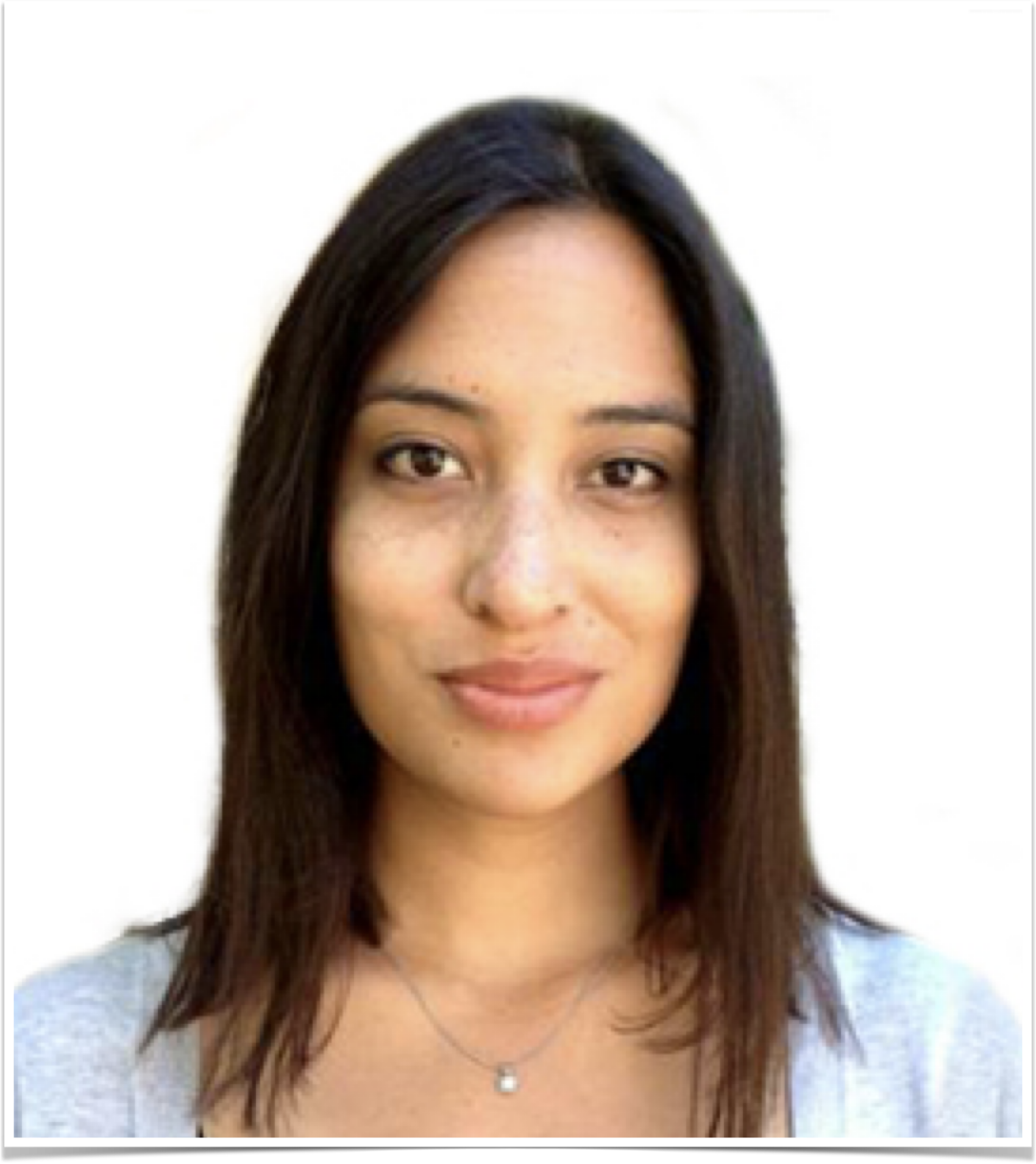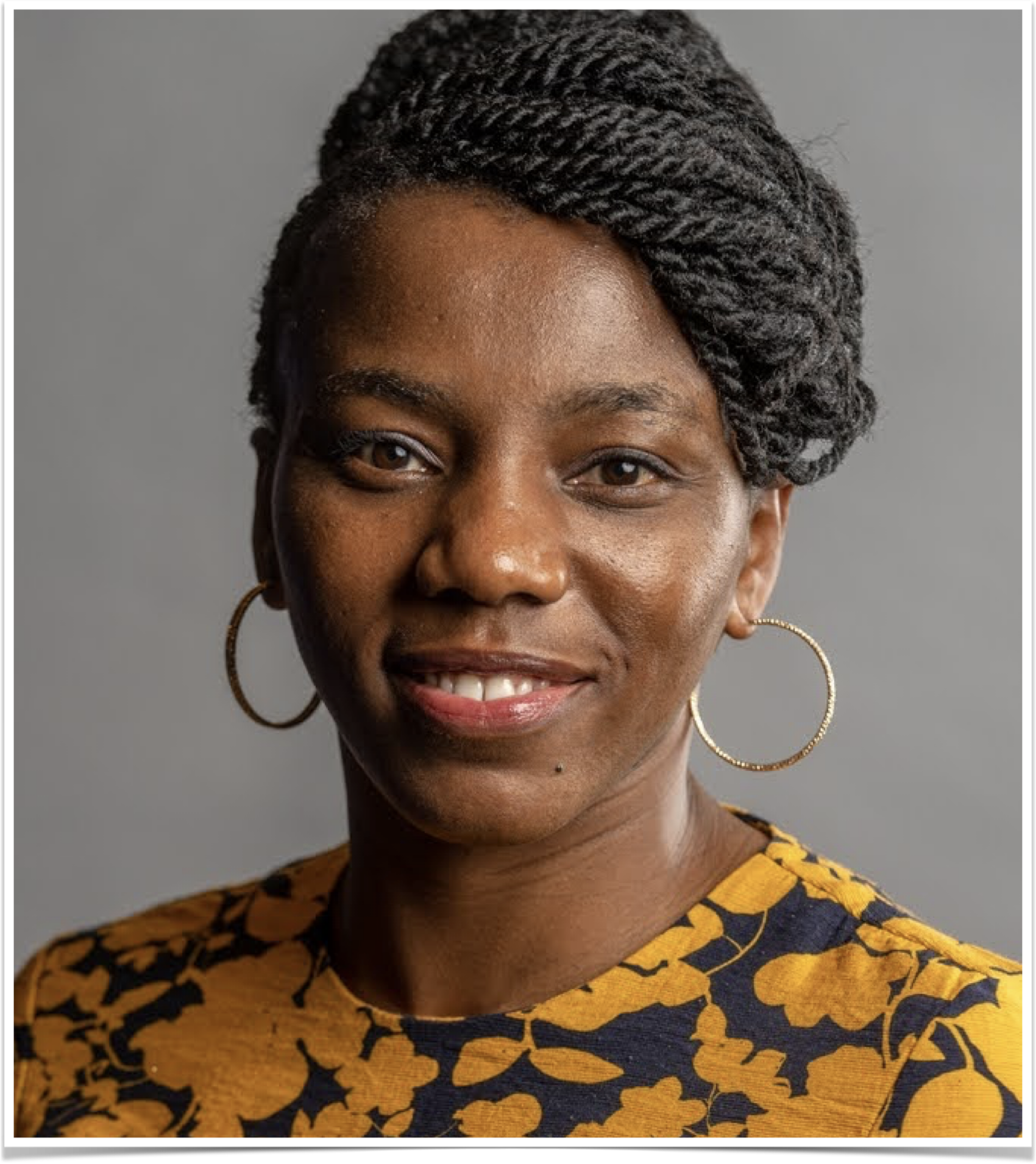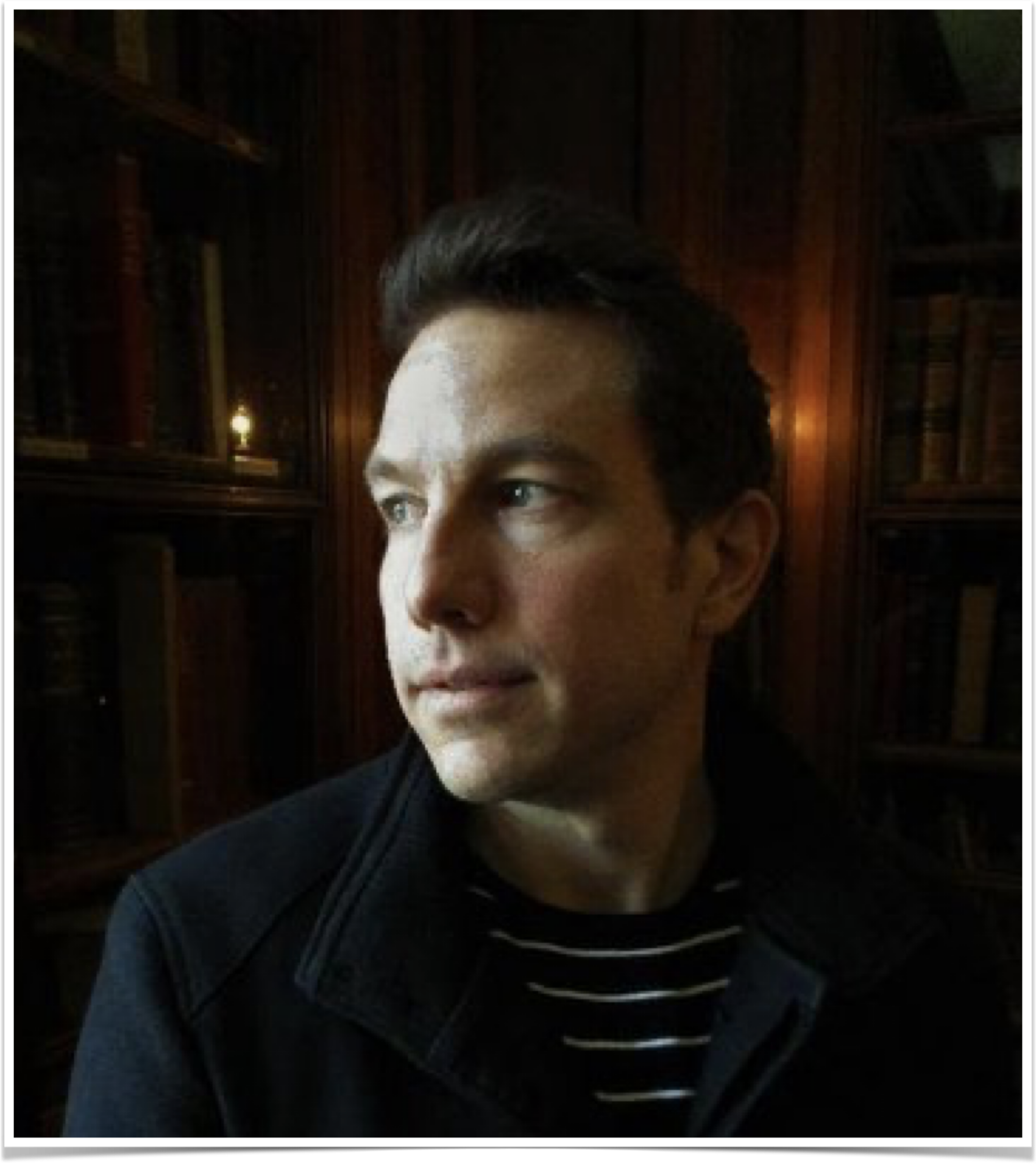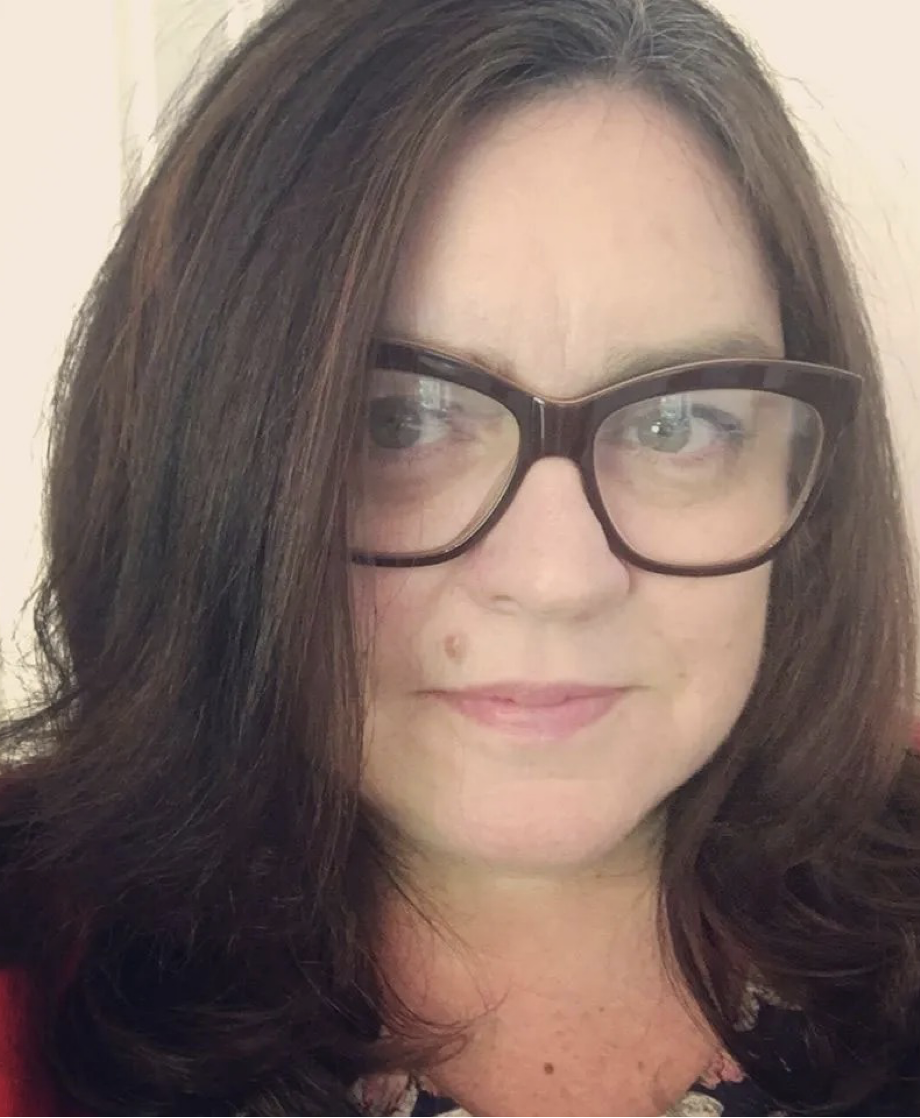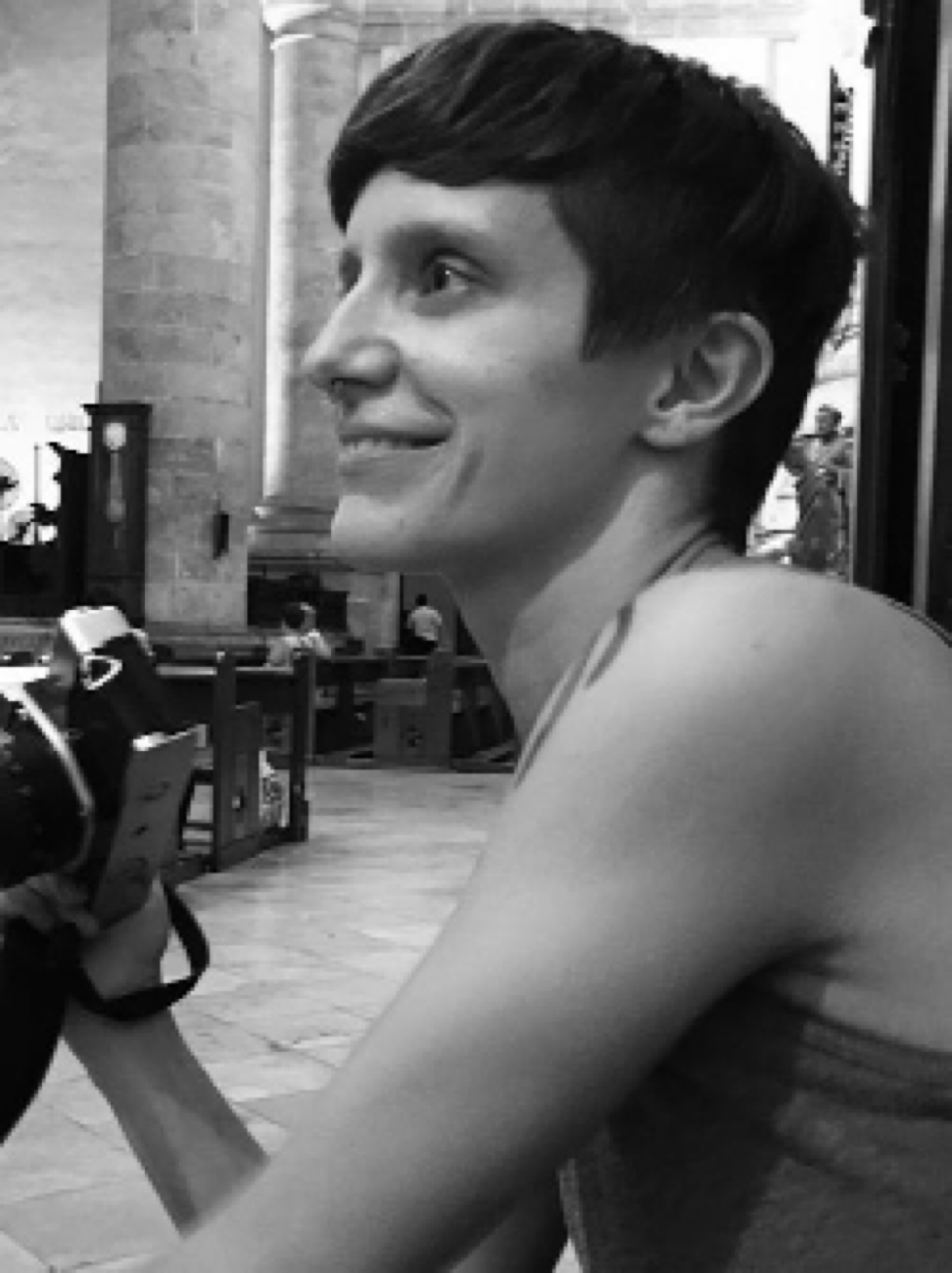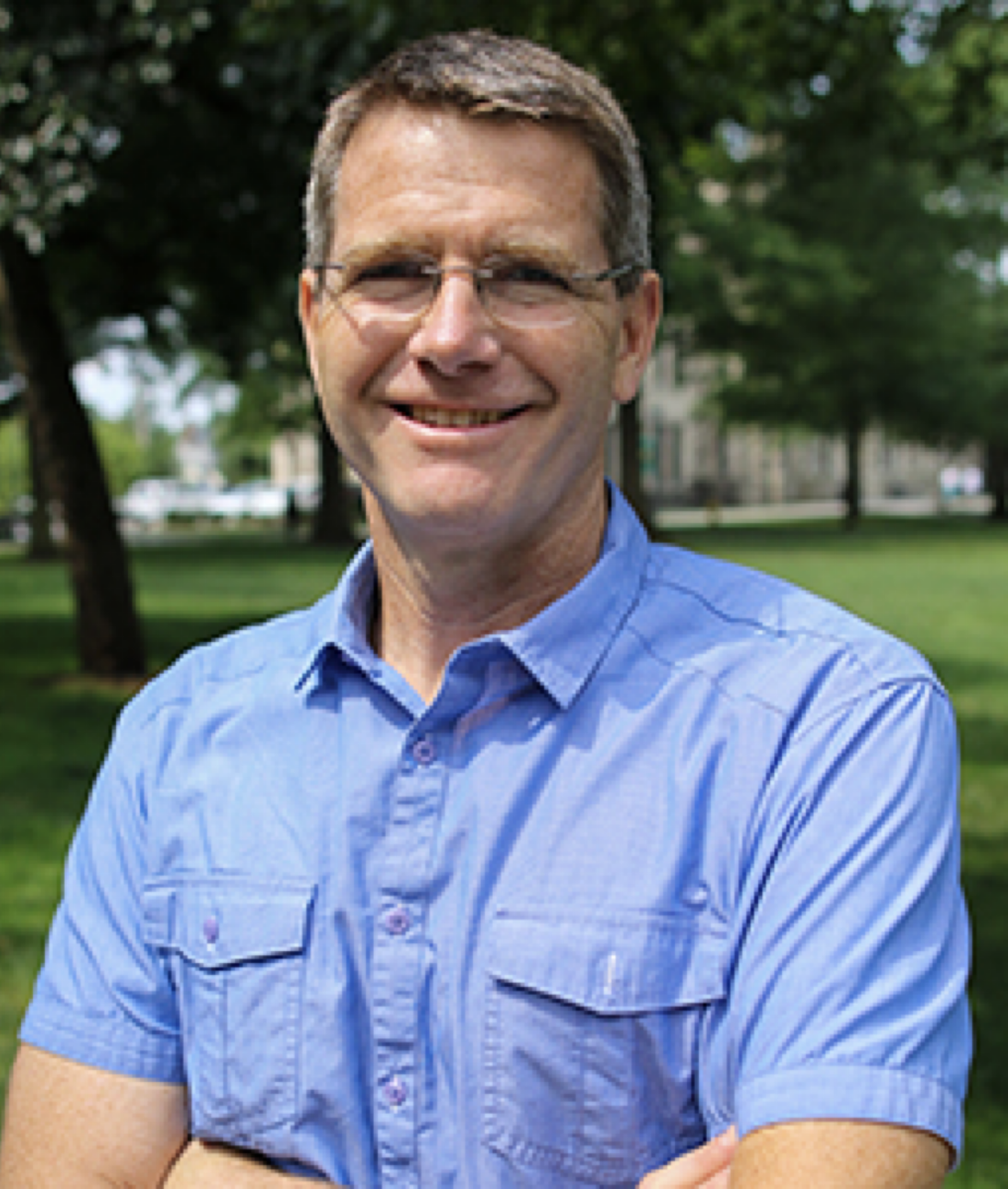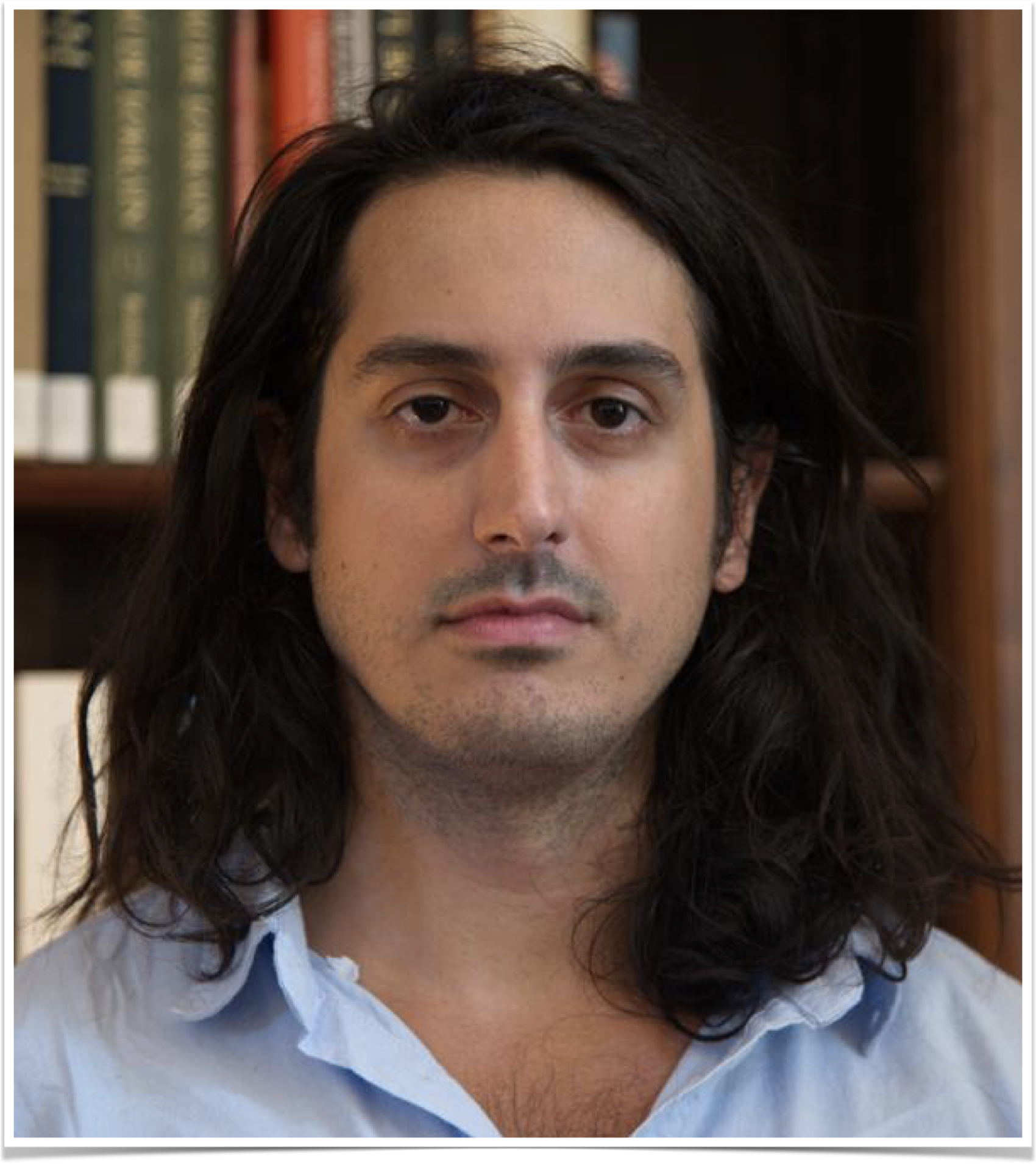Global Studies in Medicine, Science, Race, and Colonialism
The Center for Black, Brown, and Queer Studies (BBQ+) is proud to announce our new book series Global Studies in Medicine, Science, Race, and Colonialism, to be published through Johns Hopkins University Press.
About the series
Created by BBQ+ director Ahmed Ragab, Global Studies in Medicine, Science, Race, and Colonialism (GS-MSRC) launched in November 2022. The radically inclusive series aims to write new histories in cooperation, fellowship, and solidarity, bringing a critical global perspective to the geographies and temporalities of the history of medicine and science. Authors will engage with innovative topics in the field, analyzing their intersections with questions of race and human difference in colonial and postcolonial contexts.
The books in the series will reflect a broad range of disciplines, including history, anthropology, sociology, ethnic studies, and cultural studies, as well as multiple theoretical approaches, such as critical race, postcolonial, Indigenous, queer, and feminist studies, among others.
About the book development process
Authors and editors will adopt a collaborative model of generosity and mentorship in creating each volume. Collectively, they will rethink each aspect of the writing, editing, and review process, from peer review to academic publishing timelines and priorities.
Fundamental to this collaboration is a mutual commitment to the stories that need to be told and the questions that need to be asked. Through workshops, meet-ups, and writing groups, authors will have the opportunity to shape and refine their manuscripts within a supportive intellectual environment.
Contributing authors
We are grateful for our contributing authors! Learn more about them and their upcoming volumes below.
Questions about the series? Interested in contributing a volume? Please email Ahmed Ragab, ahmed_ragab@bbqplus.org.
Myrna Perez Sheldon
Associate Professor, Classics & Religious Studies and Women’s, Gender and Sexuality Studies
Executive Director, Cutler Scholar’s Program
Ohio University
Working Book Title: Criticizing Science: Stephen Jay Gould and the Struggle for American Democracy (under contract)
Oge Williams
Assistant Professor, Department of History
Creighton University
Working Book Title: Birth Politics: Colonial Power, Medical Pluralism, and Maternity in Nigeria (under contract)
Geoffrey Bil
Assistant Professor, Department of History
University of Delaware
Working Book Title: Indexing the Indigenous: Plants, Peoples and Empire (under contract)
Laura Stark
Associate Professor, The Center for Medicine, Health and Society
and Department of History
Vanderbilt University
Working Book Title: The Death of Frantz Fanon (under contract)
Rosanna Dent
Assistant Professor, Federated History
New Jersey Institute of Technology
Working Book Title: Studying Indigenous Brazil: Moral Economies of Research in A’uwẽ Territory (under contract)
Kylie Smith
Associate Professor, Woodruff School of Nursing
Emory University
Working Book Title: Do Less Harm: Ethics and the History of Medicine and Health (edited volume, with Courtney Thompson) (in development)
Courtney Thompson
Associate Professor, Department of History
Mississippi State University
Working Book Title: Do Less Harm: Ethics and the History of Medicine and Health (edited volume, with Kylie Smith) (in development)
Dillon Vrana
Associate Professor, History
University of Florida
Working Book Title: New Histories of Disability in Latin America (edited volume, with David Carey) (in development)
David Carey
Professor, History
Loyola University
Working Book Title: New Histories of Disability in Latin America (edited volume, with Dillon Vrana) (in development)
Joseph Vignone
Assistant Professor, Department of History
Gonzaga University
Working Book Title: Bodies of Knowledge: Medicine, Memory, and Enhancement in Medieval Islam (in development)
Eli Nelson
Assistant Professor, American Studies; Science and Technology Studies
Williams College
Working Book Title: Sovereign Knowledge: Native Informants, Settler Occupation, and the Becoming of Native Science (in development)


